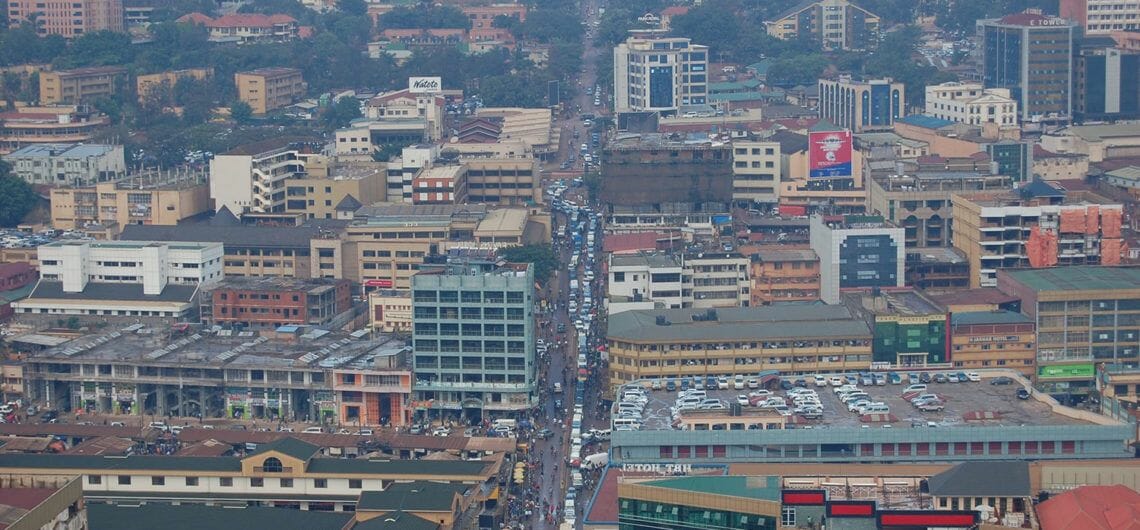
Kampala, the capital and largest city of Uganda has a rich history. It is worth finding out about the Buganda Kingdom and the fascinating palaces and compounds from where the nation was run before the arrival of colonialism. The Kasubi Tombs (built in 1881), the Lubiri Palace, the Buganda Parliament and the Buganda Court of Justice have survived the tests of time and can be visited. In 1890, British colonial administrator Frederick Lugard constructed a fort on Mengo Hill within the city, which allowed for the British to occupy much of the territory controlled by the Baganda, including Kampala. In 1894, the British government officially established a protectorate within this territory. In 1905, the British government formally declared the entire territory to be a British protectorate. From that time until the independence of the country in 1962, the capital was relocated to Entebbe, although the city continued to be the primary economic and manufacturing location within Uganda.
Kampala was once the city of seven hills, now it occupies a series of hills at an elevation of about 1,190 metres and is situated in the southern part of the country, just north of Lake Victoria. The city has numerous food production, metal-products, and furniture manufacturing enterprises and a tractor-assembly plant. It is the headquarters for most of Uganda’s large firms. Kampala has a technical institute and is the seat of Makerere University, which was founded in 1922 and became a university college in 1949 and a university in 1970. For many years it was the only such educational institution in East Africa. Kampala also has the Uganda Museum. The city is home to several mosques (including the white Kibuli Mosque), Hindu temples, and Christian churches.
Kampala has been ranked the best city to live in East Africa, ahead of Nairobi and Kigali, by Mercer, a global development consulting agency based in New York City. The population is over 2 million and it is the 13th fastest growing city on the planet.
While the city does not have clear rainy and dry seasons, it generally experiences heavier rainfall from February to April, with April typically seeing the heaviest. It has a tropical rainforest climate and is therefore perfect to visit all year round.
Accessibility:
By car:
From the international Airport in Entebbe it is about 1 hour drive to the city, depending on the traffic.
By air:
The international airport is in Entebbe and operates domestic (small aircraft) and international flights.
Activities:
City Tours
Day trips from Kampala
Museum
Parks
Shopping
Dining
Golf Course
Vegetable Market
Contact Us
We respond to all inquiries within 2 business days.
"*" indicates required fields